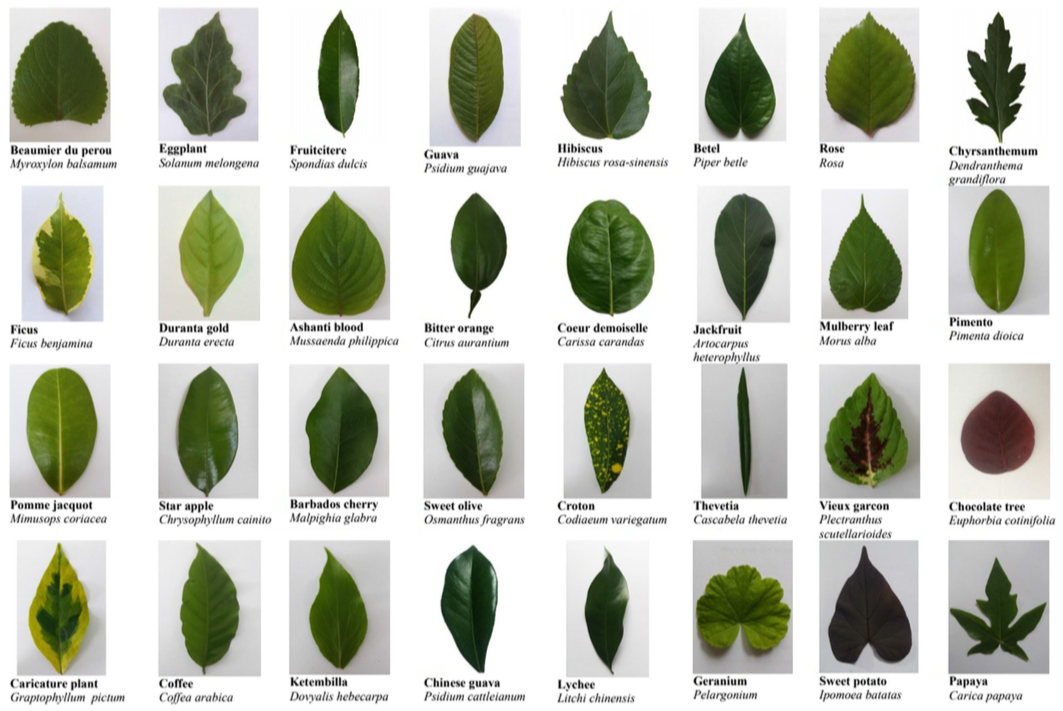Collaborations start for the first urban green study in SoBigData
By Simona Re (ELI), Angelo Facchini (IMT), Daniele Fadda (CNR-ISTI)
In this era of global climate and ecological crisis, rethinking our relationship with nature and developing a sustainable and innovative management of natural resources can play a critical role in ensuring both nature conservation and the well-being of citizens. In particular, given the ecological, social, and health benefits of urban trees and the importance of urban biodiversity conservation, the development of innovative methods for monitoring urban woody plant species diversity is becoming crucial to support a more effective and sustainable management of urban green.
Moreover, the European Commission recognizes the potential of citizen science to contribute to environmental reporting. Not by chance, citizen science initiatives have already become an essential component of global efforts to monitor biodiversity. The many benefits of citizen science for monitoring urban biodiversity include the importance of educating citizens about the value of biodiversity and promoting scientific literacy and cooperation between citizens, but also the support to monitor biodiversity in large areas at a low cost or no cost to researchers. On the other hand, volunteer data quality is sometimes questioned, casting doubt on the potential use of data collected by citizens.
What can be the effective role of citizen science in urban forest research and management? The answers can be many. The one we focused on with the Eliante cooperative starts from a reflection on the very definition of citizen science. According to experts, citizen science is defined as “partnerships between those involved with science and the public in which authentic data are collected, shared, and analyzed” (Jordan et al., Ecol Environ., 2012). This is why we have chosen to focus on considering citizens not as surrogates for researchers, but as true allies in research. Therefore, considering the recent rapid development of automatic and semi-automatic methods for monitoring woody plant species, the spread of Internet access in cities, and the strong potential of citizens to collect and share images through mobile resources, we decided to develop a case study for the effective involvement of citizens in tree monitoring in order to create a preliminary dataset for training AI algorithms in tree species recognition.
To this end, the city of Tortona, in northern Italy, was chosen to host the case study. Besides hosting large green areas and a large number of trees, the city of Tortona is not new to this kind of innovative experience. In fact, the recent 'Green Youth Hub' project, financed by the National Association of Italian Municipalities (ANCI) and led by the Municipality of Tortona in 2022, included among its activities the implementation of a citizen science data collection campaign of hundreds of trees in the municipality's territory, thanks to the successful involvement of dozens of young students from local schools.

Plant species of Folio leaf-set. Source: Munisami T, Ramsurn M, Kishnah S, Pudaruth S, 2015, Folio Data Set UCI Machine Learning Repository; https://archive.ics.uci.edu/ml/datasets/Folio
The specific objective of the SoBigData initiative is to develop a preliminary dataset for the training of AI algorithms in the recognition of tree species in the urban environment through the involvement of citizens in a crowd-sensing data collection. To this end, the project envisages the development of a dataset consisting of a catalog of data and images of urban trees to ease computer vision analysis, starting from a data collection based on a citizen science campaign. Special attention will also be given to the development of an open dataset and guidelines to promote the exportability and replicability of the experience in other cities.
The project is planned to be carried out in Tortona in 2023, led by Eliante in collaboration with CNR-ISTI and IMT Lucca. In particular, a rich work of analysis and definition of the preliminary activities to be implemented in Tortona was concluded in these days. From studies, meetings, and on-site surveys for the effort estimation and evaluations concerning the tools and methodologies to be developed for an effective data collection, to the collaboration and advice of experts and local stakeholders, including the La Fenice APS, the PlantNet consortium, the Municipality of Tortona, and experts in the field of forestry at the University of Milan. The preliminary scheme of the citizen science activities is now ready. In a nutshell, let’s work begin!

